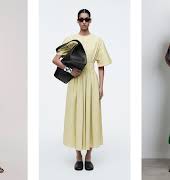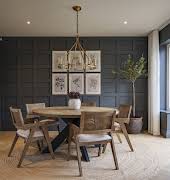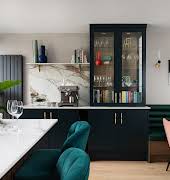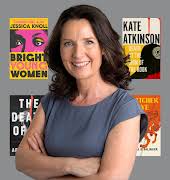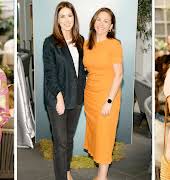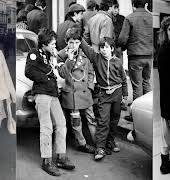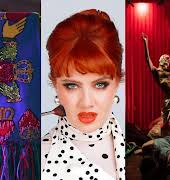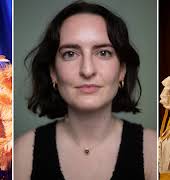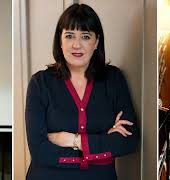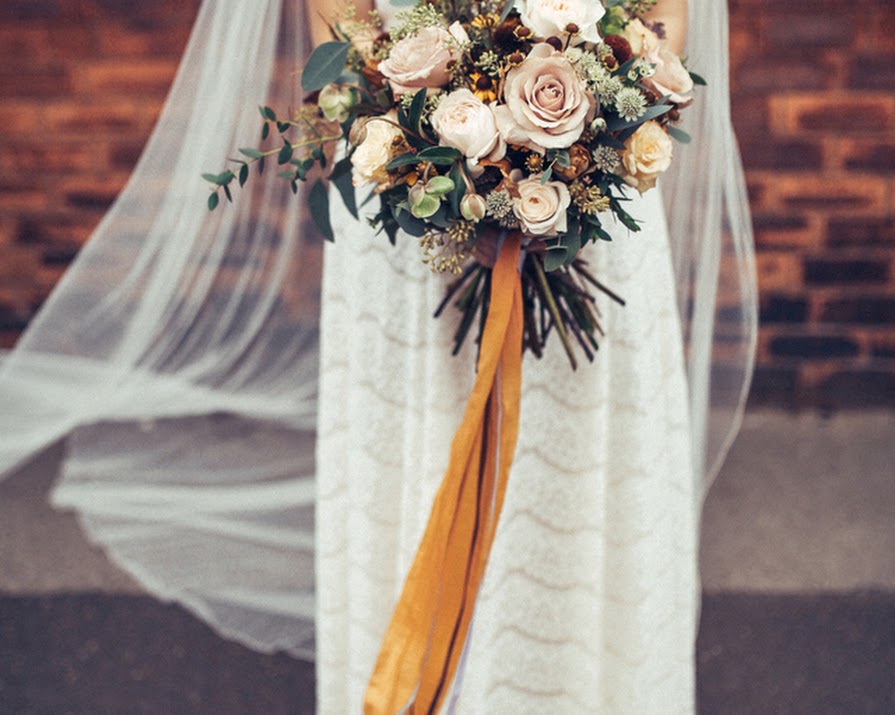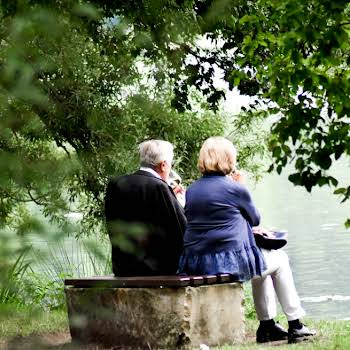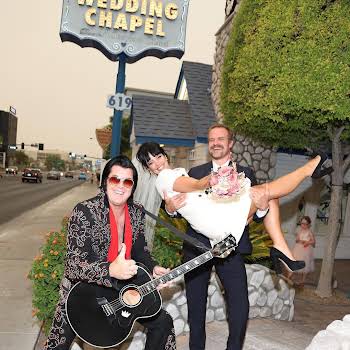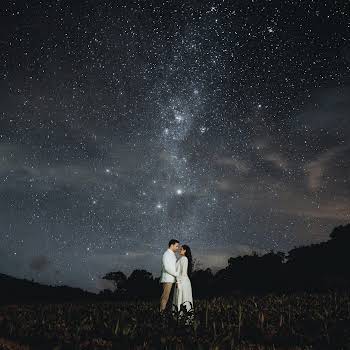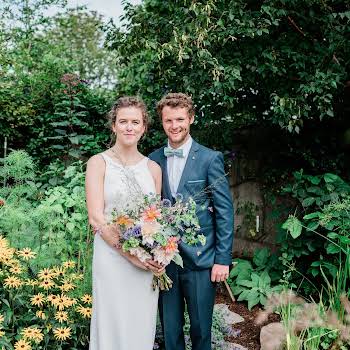
By Kate Phelan
29th Apr 2016
29th Apr 2016
Anna Potter of boutique florists Swallows & Damsons shares her expert tips for creating a memorable nuptial setting and blissful bouquets using distinctive seasonal flowers…
WHEN TO START
“Ideally, the bride and groom will begin planning their wedding flowers a year before the event,? begins Anna Potter, fine-art graduate and founder of Swallows & Damsons, a small Sheffield flower shop with a big following. ?We’ll then look to the season:?the kinds of flowers that will be in season at that time, the colours of the earth – anything that is occurring in nature is a great place to start.??Providing an alternative to mass-produced, over-processed designs, Swallows & Damsons caters to the bespoke style of wedding ceremony that has evolved from being considered bohemian into being ?the dream?.

WHERE TO START
So, how can a bride and groom make that dream reality? The idea of a highly personal floral scheme may seem intimidating, but Anna maintains it’s all plain sailing once a few key decisions have been made. Unsurprisingly, her recommended starting point is the all-important wedding dress. ?The style of dress will inform the design of the flowers. A heavily detailed dress can be set off with simple blooms, while a more minimal gown allows you to be more flamboyant with your bouquet. The dress will also give your florist an insight into your style and the overall look of your wedding.?

GET PERSONAL
From there, start to build in distinctive details in consultation with your florist. ?It’s really important that your bouquet reflects your personal style so that you feel comfortable and confident holding it,? Anna emphasises. ?We’re often asked to include sentimental elements such as lockets, buttons and other mementos from loved ones, which can give your bouquet a special meaning on the day.?

NEXT UP: COLOUR
?Couples often seem afraid of committing to a colour scheme out of fear of everything matching or looking twee, but a pattern across the flowers can really bring the aesthetic of a wedding together in a strong but subtle way. The Pantone colours of the year always influence floral choices: this year, we’ll be seeing lots of rose gold and pale blue – but we advise going wild with natural, seasonal flowers and being inspired by how they grow in gardens.?

THE FOCAL POINTS
Anna lists the three focal points of any wedding flower budget as being bouquets, table arrangements and one or two large’statement pieces. ?Bouquets will be?a main focus and feature heavily in photographs, and the couple and their guests will spend a lot of time with the arrangements at the tables. Statement pieces can really add drama and create a talking point.?

THE PRACTICALITIES
?Considering the suitability of each flower for the different arrangements is very important. For example, you don’t want to use fragile materials in buttonholes, as they need to withstand plenty of hugs! The best way to keep your bouquet looking fresh into the evening is by keeping it as cool as possible and trying your best not to bash it off anything – while still having a good time, of course. Putting your flowers back into water will only really help if you recut the stems, which is not something you want to be bothered doing on your wedding day.?

TO PRESERVE OR NOT TO PRESERVE
Finally, should we preserve our bridal bouquet? ?I’m a strong believer in the natural life cycle of flowers. They change once picked, cut and placed in a bouquet, so I recommend allowing it to naturally dry and enjoying each phase of change it passes through. I much prefer this approach to any chemical preservation. Flowers are beautiful, natural things and we shouldn’t try to fight against that.?
Swallows & Damsons?| Photography India Hobson & Rosie Hardy
For the full interview with Anna and a breakdown of the best flowers to use for do-it-yourself?bouquets, pick up a copy of the Garden Heaven 2016 annual from a newsagents near you. ?

